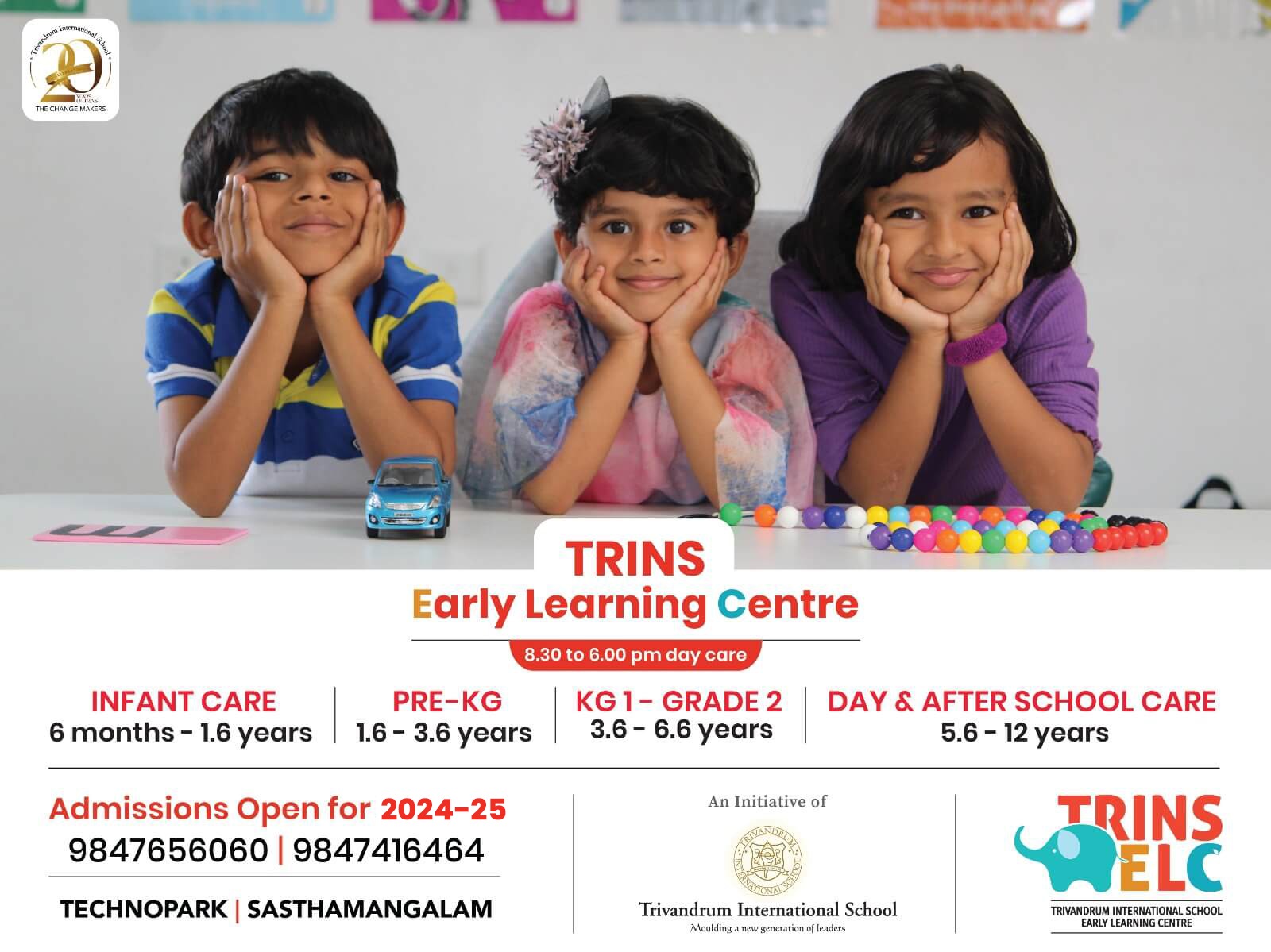


Social And Emotional Learning And Educational Equity In Primary Education.

“If we teach today’s students as we taught yesterday’s, we rob them of tomorrow.” John Dewey
Today’s schools are becoming more ethnic and bilingual, with students from a variety of socioeconomic backgrounds. Educators work with children who have various ambitions for participating in learning, acting properly, and excelling academically. Social and emotional learning (SEL) lays the groundwork for safe and pleasant learning, and it improves kids’ capacity to thrive in school, professions, and life.
In an increasingly diverse society, the classroom is typically the first location where students are introduced to people from a variety of origins, opinions, and skills. Social and Emotional Learning (SEL) seeks to assist students, particularly those at a young age, in better understanding their thoughts and feelings, becoming more self-aware and developing more empathy for others in the society and the people around them.
As schools approach the next phase of pandemic recovery, it is vital that educational leaders prioritize equality in their long-term planning. It has become evident that, despite the progress achieved as a society to close the educational inequality gap, more work needs to be done.
Historically, most initiatives to improve educational fairness did not incorporate social emotional development (SEL). However, as the number of children impacted by trauma continues to rise, teachers and school administrators are arming themselves with the resources they need to provide students with the care they require.
Across the country, social-emotional learning is establishing the groundwork for safe, supportive, and fair learning environments. In this write-up, we’ll look at how SEL, trauma, and culturally sensitive practices may be used to build equitable learning environments where all kids have the opportunity to succeed.
Educational Equity
Equity in education is best defined as the right to educational resources and rigour regardless of gender, life experience, ethnic heritage, religion, or financial status.
Equity is essential to a student’s education because it contributes to the creation of a pleasant pre primary school atmosphere in which students demonstrate interest in their studies and are provided equal opportunity for success.
Among other things, equitable education systems promote classroom engagement, student motivation, and the availability of tools and services required for kids to succeed inside the classroom. Suspension rates and chronic absenteeism are also reduced in equitable school systems.
Social Emotional Learning and Development deals on five key areas:
- Recognizing sensations as they arise; having a genuine judgment of one’s own It is about being aware of our strengths and, more importantly, our deficiencies.
- Social awareness is the ability to sense what others are feeling, to understand their point of view, and to appreciate and engage successfully with varied groups. To put it simply, tolerance. Respect, though not necessarily acceptance, is required for tolerance.
- Self-management entails controlling one’s emotions so that they help rather than hinder the work at hand, as well as persevering in the face of failures.
- Relationship Skills: Effectively managing emotions in relationships; sustaining healthy and fulfilling relationships based on collaboration; negotiating dispute resolution.
- Responsible Decision Making: Assessing risks accurately; making judgments based on all relevant variables and the anpreticipated consequences of different courses of action; respecting others; accepting personal responsibility.
How do educators in the best schools provide SEL?
- A teacher’s explanation of a specific SEL topic, frequently utilising graphics, video, audio, or written text.
- Students will next deepen their grasp of the idea through skill practice, discussion with a peer group or partner, or solo writing assignments.
- This subject will be revisited and reinforced by the teacher throughout the week.
- The instructor may elect to supplement the classroom instruction by sending work home for kids to complete with their parents or careers.
- Moving on, the teacher will check for understanding, re-teaching key themes as needed.
What are the advantages of SEL?
Children benefit from SEL because it increases self-awareness, academic success, and positive behaviours both in and out of the classroom. Studies have conclusively shown that children who engaged in SEL programs improved their overall grades and had greater attendance. Individually, skills obtained via an SEL program have been found to help kids manage emotional stress, solve difficulties, and avoid peer pressure to engage in dangerous behaviours.
We live in difficult times, and sending your child to a safe pre primary school is a huge duty for parents. What you require is a safe haven with a tight safety policy that fosters a healthy atmosphere for the mental health of your children. TRINS ELC, the best play school in India, provides all of these benefits and more! It is the ideal environment for your children, with preschool, daycare, kindergarten, and creche facilities. We’ve also started an athletic club and a writing club to encourage youngsters to try new things. We place a strong focus on the notion and rewards of sharing at the Early Learning Centre. Our baby programs involve a range of activities that promote a happy attitude. So prioritise your children’s education and safety by enrolling them in the best play school in Trivandrum.
« Preparing Students for Tomorrow || The First Five Years of Child Development »





